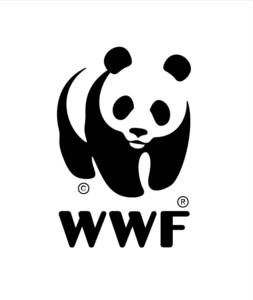Fish Forward is supported by the European Commission’s Development Education and Awareness Raising Programme (DEAR)

The more informed European citizens are, the more they can help collective efforts to make the world a better place for all its people, no matter where they live.
What is the DEAR Programme?
The European Commission’s Development Education and Awareness Raising Programme, DEAR, supports projects that engage the European Union public in worldwide issues of social, economic and environmental development.
By co-financing projects like Fish Forward, the programme promotes universal values of freedom, democracy and the rule of law. It enables the European public to make positive contributions to global development.
DEAR activities also feed into the Commission’s support for the globally agreed Sustainable Development Goals to end poverty, protect the planet and ensure prosperity for all by 2030.
The DEAR Programme funds up to 30 projects that span the EU Member States. These projects contribute to raising the European public’s understanding and engagement in development.
Visit the DEAR website to read more: http://dearprogramme.eu/
How does Fish Forward contribute to Development, Education and Awareness Raising?
Informed European citizens can play an active role in shaping development priorities e.g. through the goods they choose to buy at the supermarket.
Overfishing threatens the livelihood of 800 million people – especially in developing countries. By buying sustainable fish, European consumers can make a difference. Therefore, the DEAR Programme co-finances the Fish Forward Project.
The Fish Forward project addresses four target groups to contribute to the goals of the DEAR Programme:
1) European consumers: awareness raising and behaviour change campaigns, informing about global interdependencies, sustainable seafood recommendations, role of women in the seafood sector,…
2) Corporates: advice on sustainable and ethical sourcing, communicating about sustainable seafood, application of risk mitigation tools
3) Authorities: working on public support for sustainable fisheries management, fighting for implementation of existing regulations
4) Producers in developing countries: engaging in stakeholder consultation processes and trainings
Read more at www.fishforward.eu















